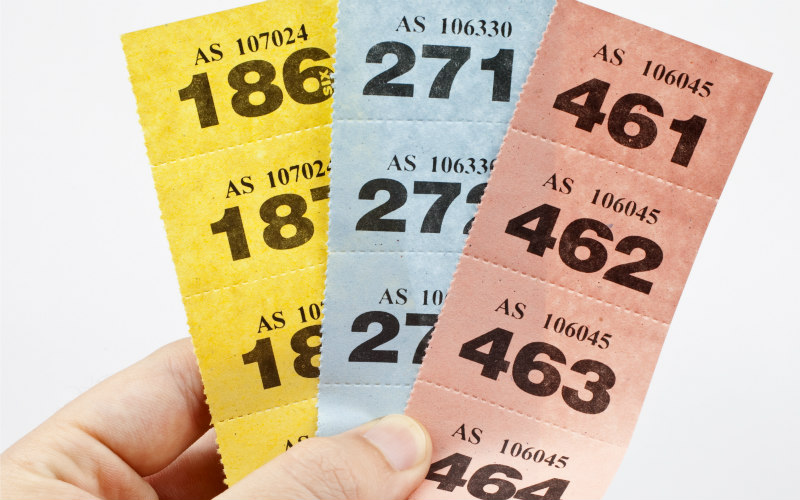
There have been a spate of stories recently around house owners trying to sell homes, generally at the high end of the market, through ‘raffles’. A Cumbernauld home owner recently tried to sell tickets for his £825k house at £5 a ticket, before PayPal stopped it.
A Lancashire manor house was, however, successfully disposed of this way earlier this year when a couple from Warrington, who had bought a £20 ticket, won the house in a competition.
So, is raffling off homes a viable route to market? In the vast majority of cases, sadly not.
The Legality of Holding a Raffle
A ‘raffle’ in the normal sense, where everyone buys a ticket and the winner is selected as a random draw, is a form of gambling and treated as a lottery under the Gambling Act 2005. Small scale draws can be exempt but a lottery offering a high-value prize is regulated activity supervised by the Gambling Commission. The key features of running a lottery are:
It must be run to benefit a non-commercial body, usually a charity, which applies a minimum amount of proceeds to its purposes; The maximum prize which can be awarded to a single ticket cannot exceed the value of 10% of proceeds and is limited to £400,000; and A licence from the Gambling Commission is required. In practice, this means a lottery is not a viable means to dispose of a house because it’s not lawful to sell enough tickets to cover the value and make the required charitable donation.
The alternative is to run a ‘prize competition’. This will either offer a free entry route or use a test of some kind to distinguish it from a lottery. Free entry routes are obviously unattractive to house sellers. If a test of skill or judgment, or display of knowledge, is used, care must be taken. Section 14(5) of the Gambling Act requires that a test will not count if it ‘cannot reasonably be expected to prevent a significant proportion of persons who participate….from receiving a prize’. So you can’t ask ‘What is the main ingredient of apple pie?’ or something equally silly. The robustness of the ‘test’ will often be scrutinised by the Gambling Commission. Answers to factual question etc. can easily be Googled in many cases and so it is questionable whether the legal test of preventing significant numbers of persons from winning is met.
Selling Enough Tickets
In practice, selling the number of tickets required to realise the value of a prestigious property will be very challenging, and can take time. Some of those who have used this route in the past will have benefited from a novelty factor.
It is possible to run a prize competition with, in effect, a ‘reserve’ where if insufficient tickets are sold, a lesser cash prize is offered through a draw. This must be very clearly set out in the terms and conditions.
Terms of Sale
A house cannot simply be handed over like a piece of physical property, it will need to be formally conveyed in a legally effective manner. In Scotland, most residential property sales follow a template called the ‘Scottish Standard Clauses’ which have been developed to meet the obvious concerns of purchasers and mortgage lenders. These need not be followed in the case of an ‘award’ of a property as a prize but there may still be certain risks which fall to be considered.
And so…..
In a pressured housing market people will always seek ingenious ways of selling properties, but not all of them will work. Raffling off a house may be newsworthy, but it’s unlikely to become a viable alternative to a good solicitors’ property centre or estate agent.
David Mathieson is a Partner in our Residential Conveyancing team. For further information and advice about buying or selling property in Scotland, please contact David or a member of the Conveyancing team.
